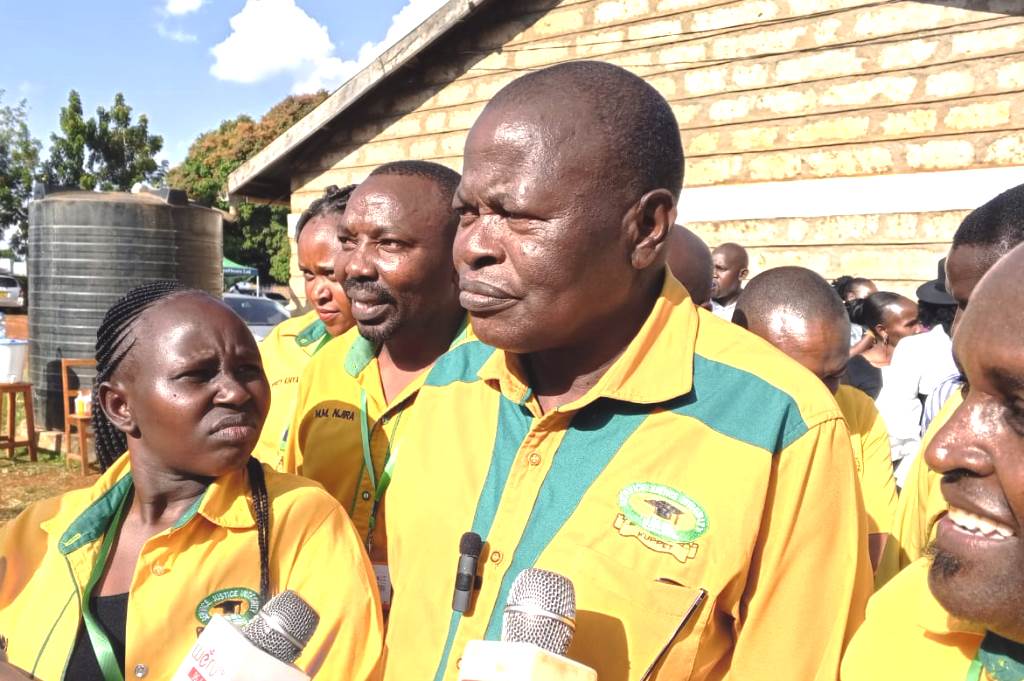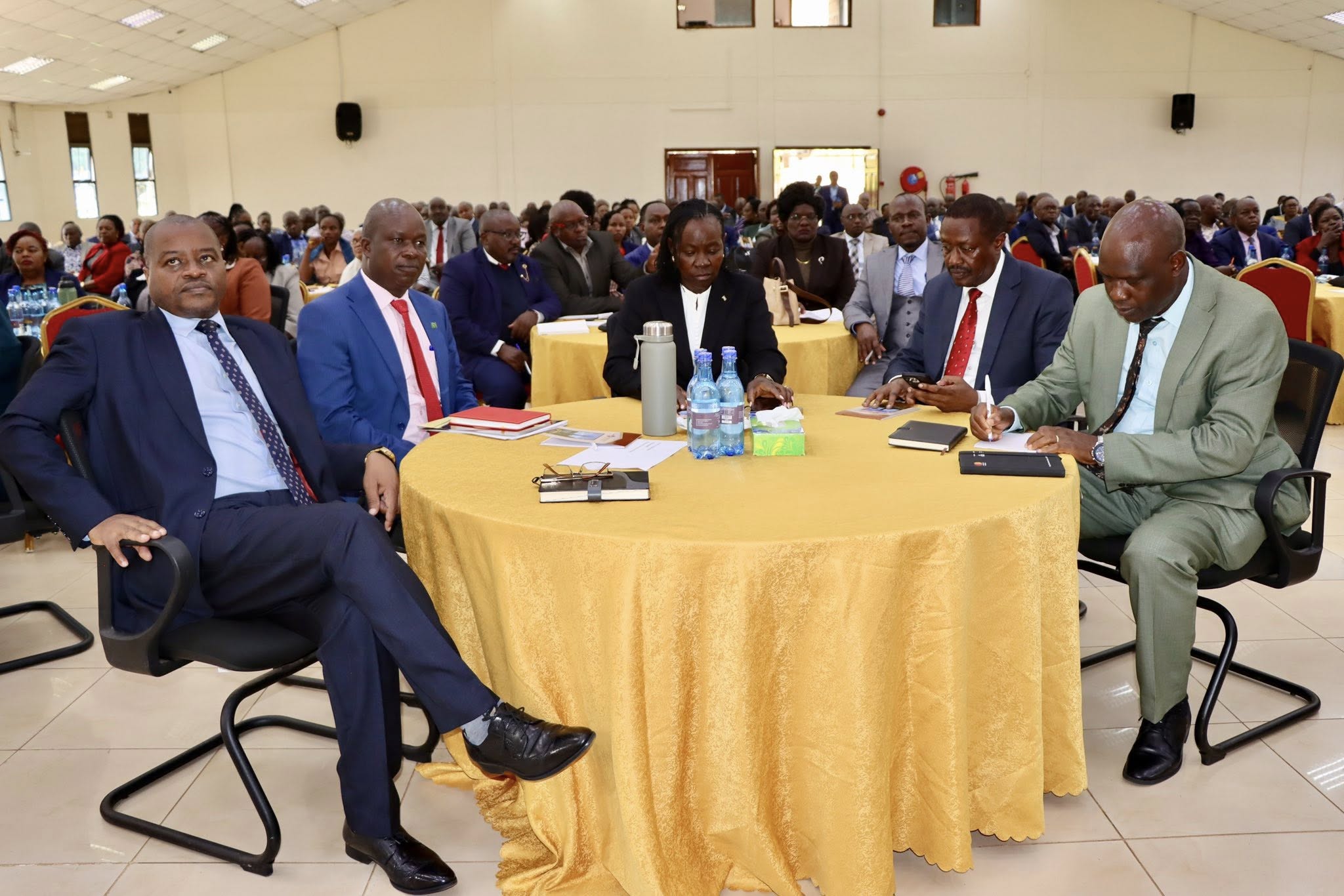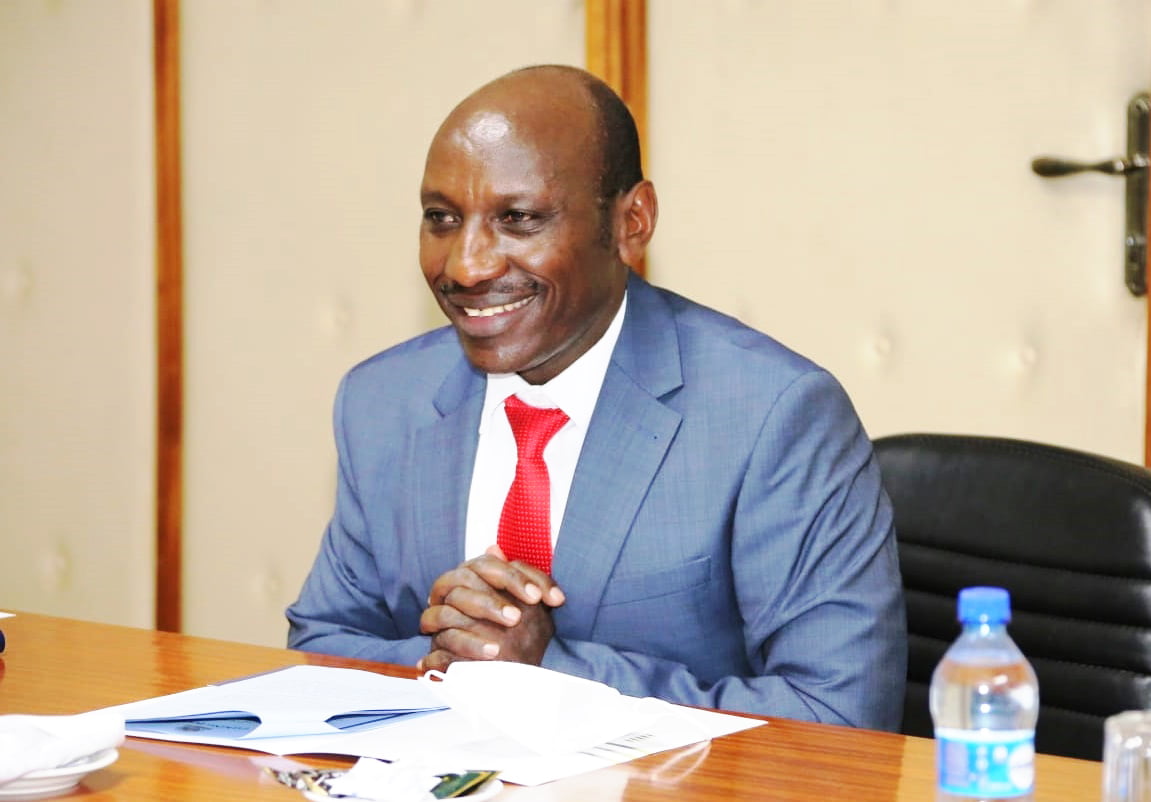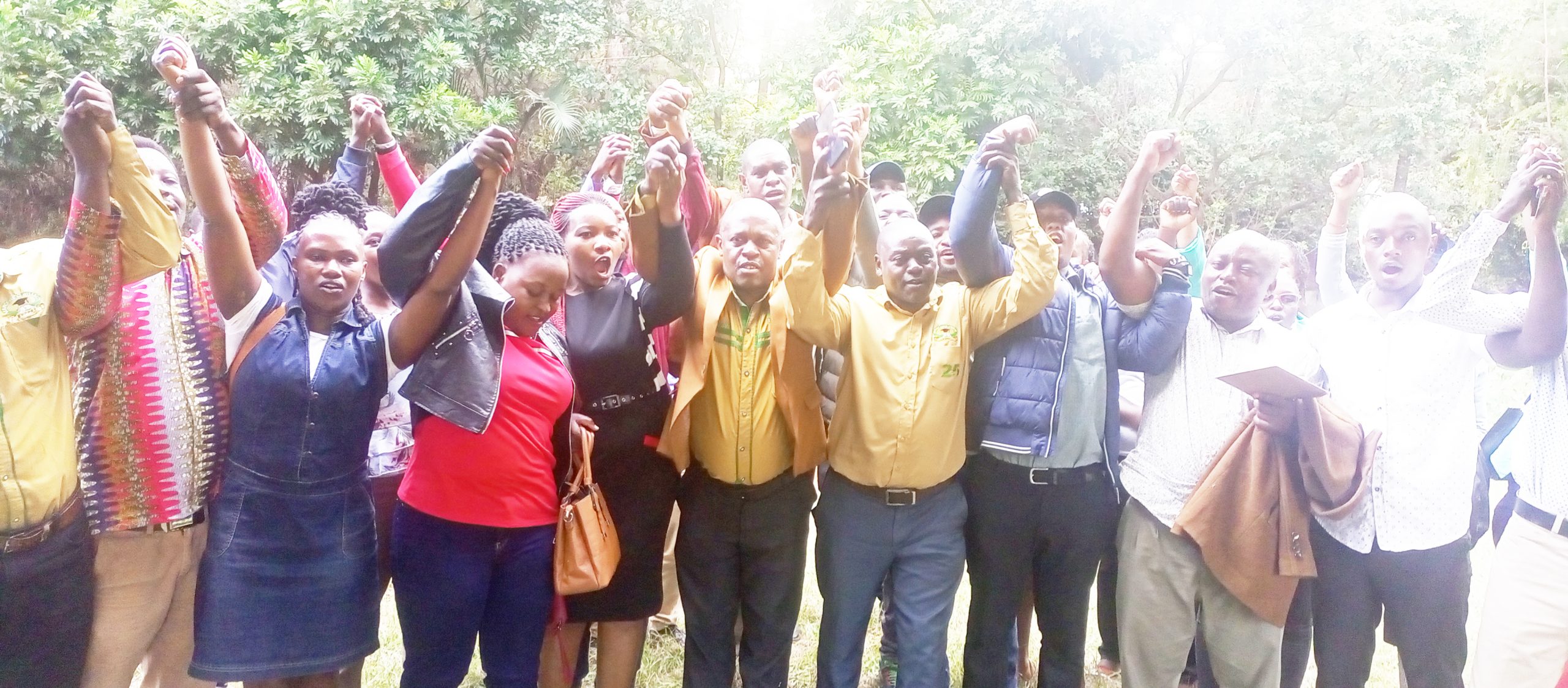The Kenya Union of Post Primary Education Teachers (KUPPET) has reiterated its call for an upward review of the payment of exam supervisors and invigilators by the Kenya National Examination Council (KNEC).
KUPPET Secretary General Akello Misori regretted that teachers were being paid peanuts to supervise to preside over national exams but their pay was not commensurate to the work done.
Speaking at Ntakira Day Secondary school in North Imenti constituency during the Meru branch AGM, Misori said that non-teaching staff are paid better than the teachers, especially the markers whom he said are paid Ksh150.
“Teachers are not happy even as the country braces for the inaugural KPSEA exams. PrincipalS are being paid as low as Ksh50,” he said. “This is despite arriving at the exam container very early in the morning, going back in mid-morning and again in the evening.”
He noted that deputy principals are not covered and neither are the teachers who prepare laboratories for use by students.
Expressing similar sentiments, KUPPET Meru branch Executive Secretary Karuti Nchebere also cautioned KNEC against coercing teachers to join in the exercise noting it should be on a voluntary basis.
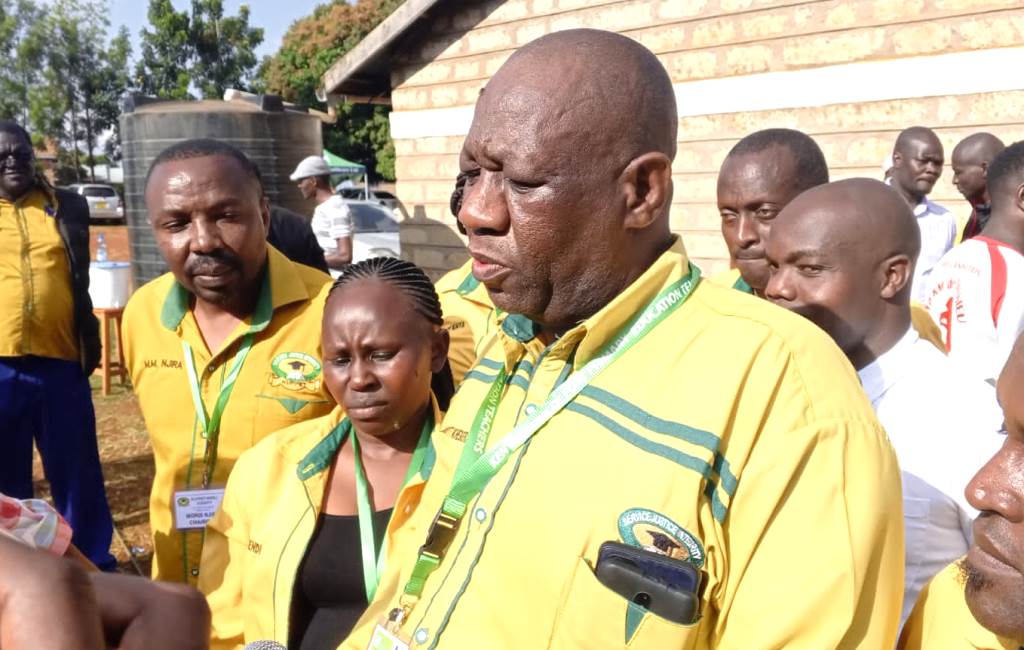
Nchebere advised teachers dissatisfied with the pay to decline applying for the job and wait until KNEC improves their payment.
Misori said the domiciling of grade nine in the primary school is very unfortunate and called on the government to move them to secondary schools where there are enough facilities.
Further he cautioned teachers against irresponsible drinking and urged them to further their education instead.
YOU MAY ALSO READ:
OTUNGA: Parents, let’s guide our children properly during the holiday season
Misori also urged the union branch officials to sensitize teachers on prudent financial management.
Nchebere lauded theTSC for resolving to employ 46,000 interns on permanently and pensionable terms, but asked them to look for a new insurance provider as teachers are currently unsatisfied with the current one.
“We want salary review of 70 percent for lowest paid teachers and 30 percent for highest paid teachers. We will put that in the next CBA,” he added.
By John Majau
You can also follow our social media pages on Twitter: Education News KE and Facebook: Education News Newspaper for timely updates.
>>> Click here to stay up-to-date with trending regional stories
>>> Click here to read more informed opinions on the country’s education landscape


